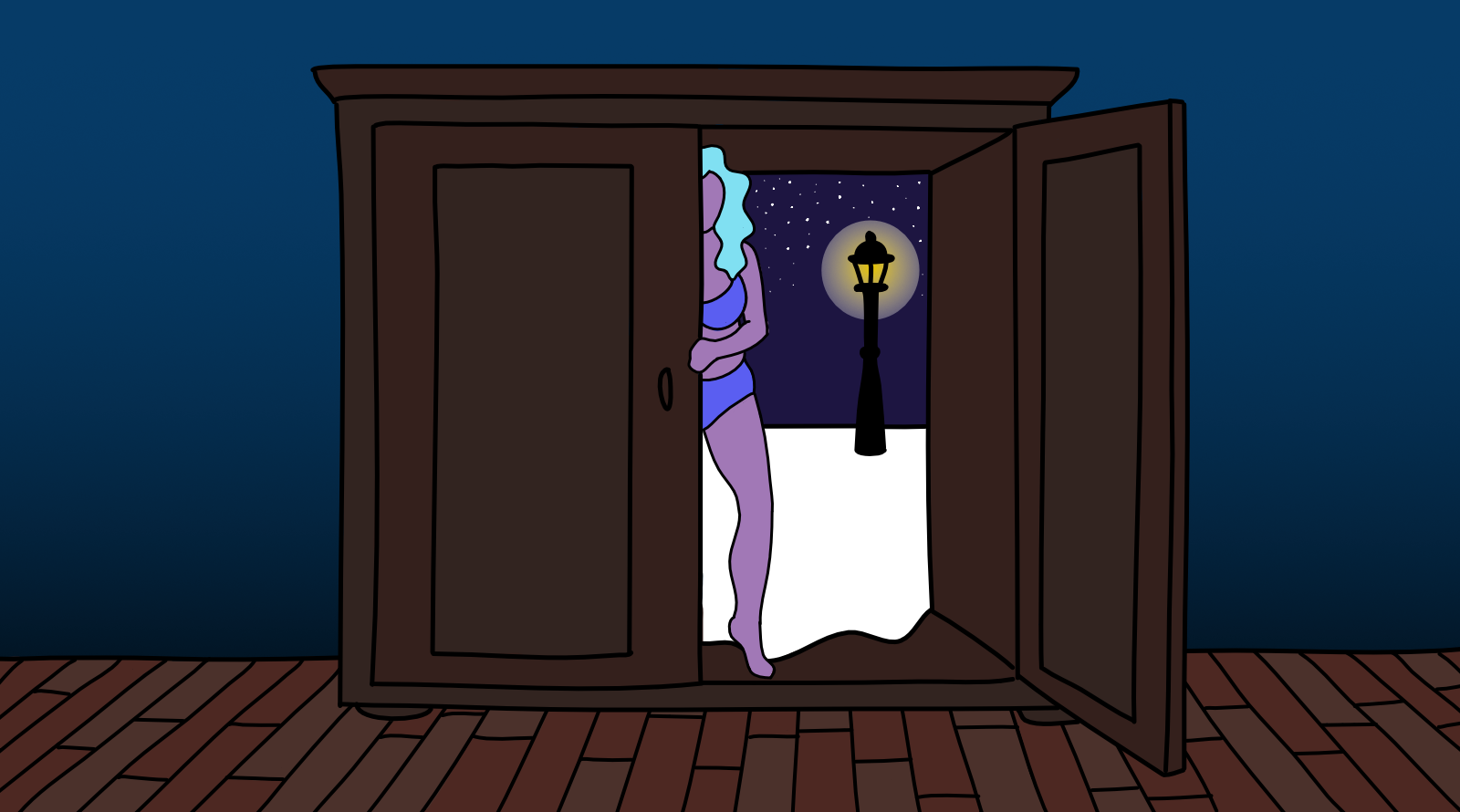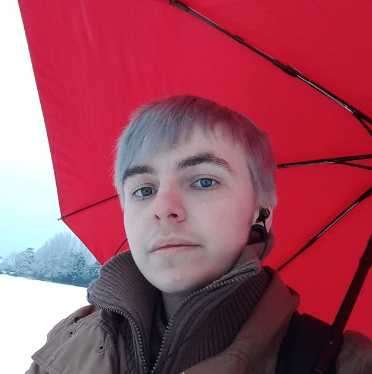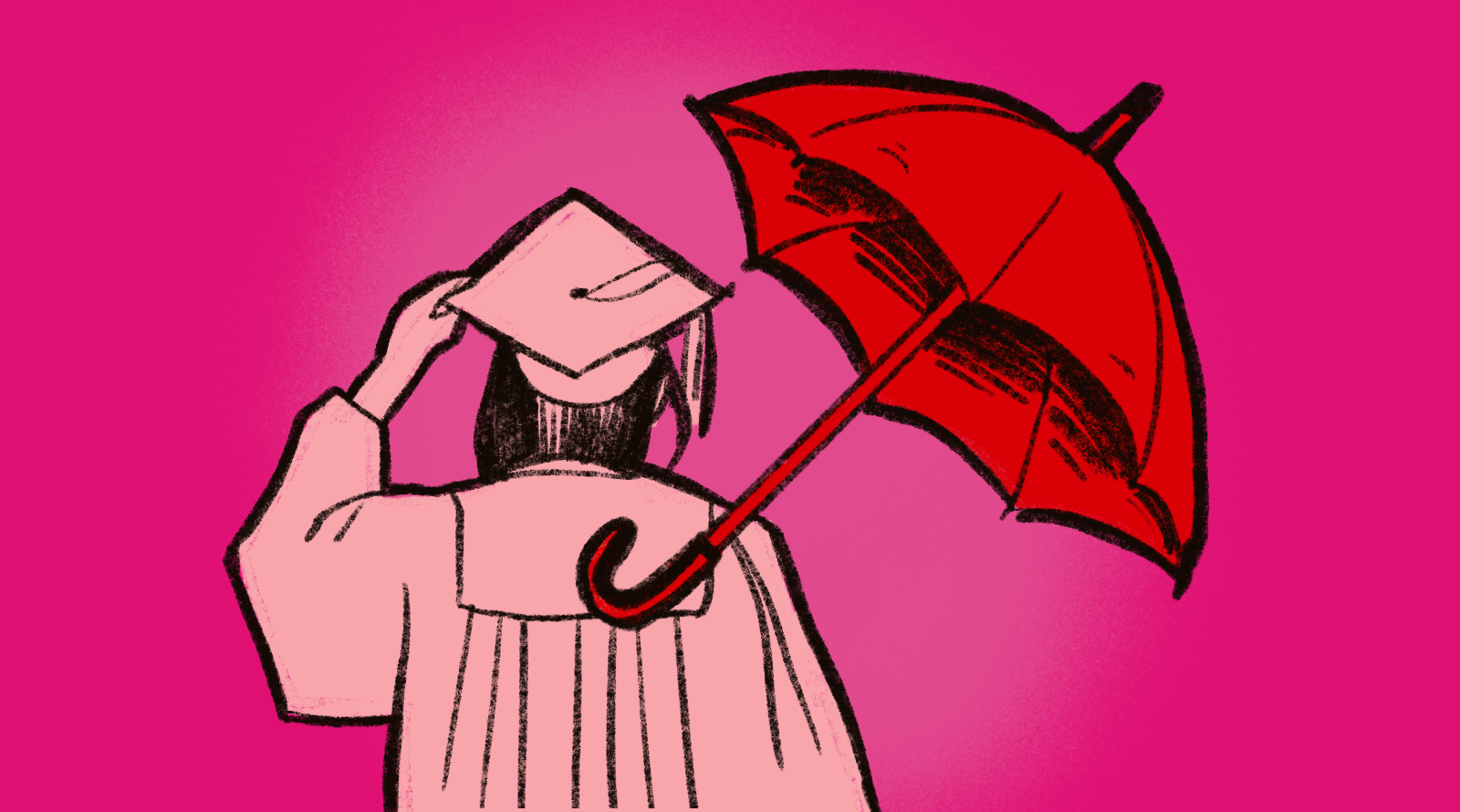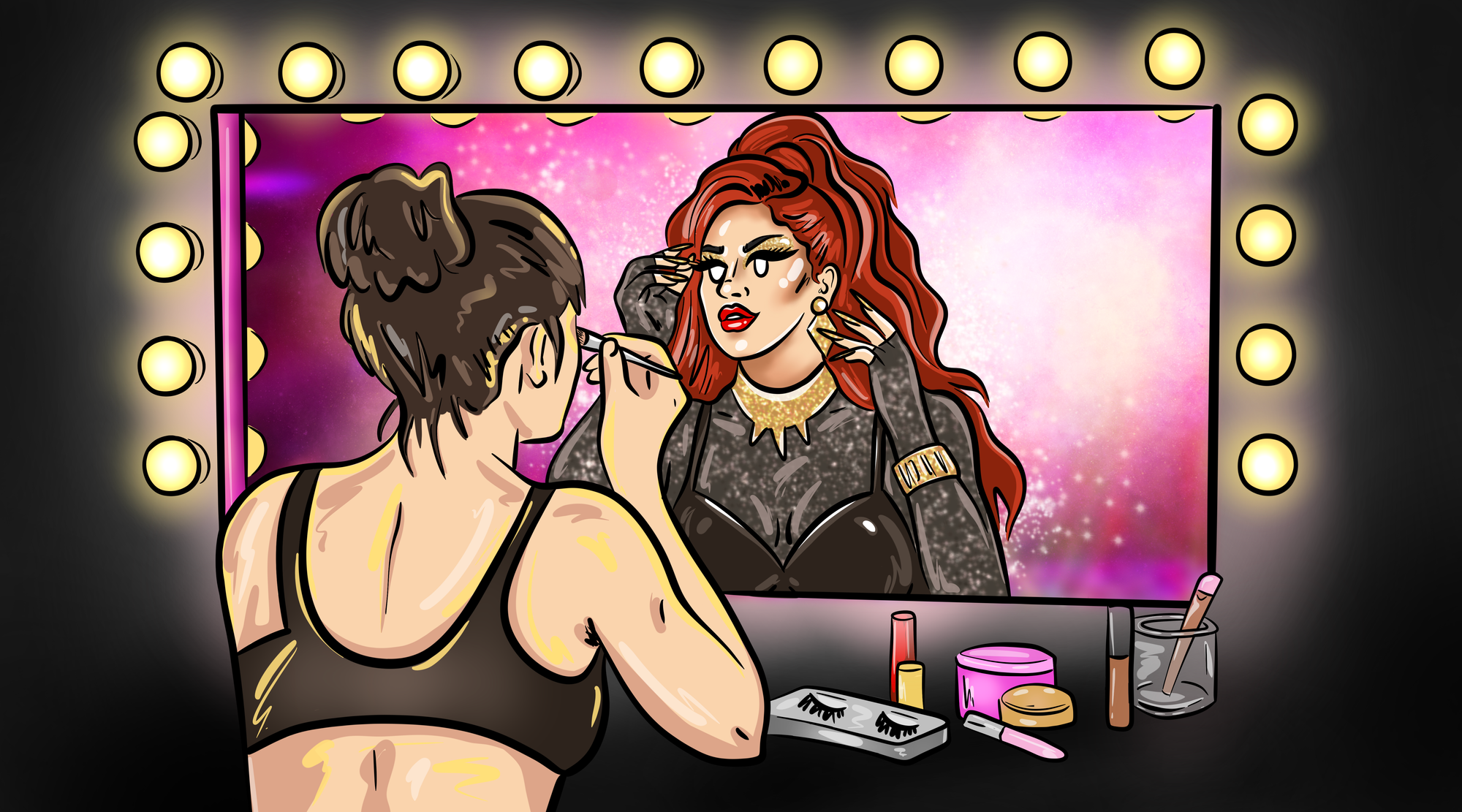For many of us, our first understanding of what it means to come out is that a person reveals a part of their identity that they have been keeping secret. Once a person comes out of the closet, we assume that from then on the information is public. As we age and meet queer people or sex workers or people who hold other identities that are not necessarily visible, we realize it’s more complex than that.
Since we humans are not a hive mind, telling those closest to you that you’re gay or trans or that you sell sex, doesn’t mean that suddenly everyone knows. We keep coming out to new people about various parts of ourselves, for the rest of our lives. Our identities and our understanding of them can also shift and change with time, requiring us to come out all over again, either adding to or overwriting what we have previously shared.
It might seem like a rare edge-case, to imagine someone who holds multiple marginalized identities that is perpetually at different stages of coming out to different people, but often belonging to one group means you’re more likely to belong to others. Even if you are fortunate enough to meet people who are generally accepting, they may need to be drip-fed information about your intersecting identities slowly, so as not to become overwhelmed or confused. Managing the reactions of others, alongside planning the right time to tell someone, turns what might seem like casual conversations with friends– into work.
Since we humans are not a hive mind, telling those closest to you that you’re gay or trans or that you sell sex, doesn’t mean that suddenly everyone knows.
When coming out, trans people are expected to share our sexuality at the same time, doubling the pressure on such a moment. A change of gender impacts how our sexuality is viewed in a context, even if we were being open about our attractions already. If we openly expressed attractions that were viewed as straight before transition, people will wonder if we were lying to hide being trans or whether we’re gay as well as trans. If we are straight – though trans people are more likely to be gay or bi or asexual than the cis population – we may be viewed as gay regardless, if the reality of our gender identity isn’t respected.
Trans people are also frequently discriminated against by both employers and religious institutions, leading us often to sex work and to atheism or marginalized forms of spirituality. Each new facet of ourselves is another way that we break from the norms within our culture. To be fully understood, to be seen – rather than allow it to be assumed that we conform to the projected societal default – we must come out about these parts of ourselves too.
My life has involved a series of never-ending coming out events, to such an extent that it feels like I’m always running through a series of closets that range from wooden and opaque to clear glass.
To be fully understood, to be seen – rather than allow it to be assumed that we conform to the projected societal default – we must come out about these parts of ourselves too.
As a pre-teen, I came out as bisexual. Then I came out as a lesbian, a label I clung to for almost a decade as I wrestled with whether or not I was going to transition and admit to being non-binary. When I did decide to come out as trans, I struggled with whether I should call myself a trans man or a non-binary person until I settled on claiming both. Upon accepting myself as trans, I realized I had always been bisexual after all, but my dysphoria and jealousy towards cis men had kept me from admitting my attraction to men at all.
Somewhere during these years where I picked up and dropped sexuality and gender labels, confessing the new truth to my friends and then rewriting it a few years later, I became a sex worker. Very few people knew I was a sex worker besides my clients, all of whom thought I was a straight or bisexual, cis woman, until I had been on testosterone for several months. Most people who knew about my sexuality or gender, did not know that I was and am, a sex worker.
I am not so arrogant as to think that my experiences are unique, as if I am a rare magnet for identities which merit coming out about. The more I open up, the more I discover others like me, or those who have far more complex relationships with the closets they occupy than I do.
The ability to share all of yourself with the people you know is such a fantasy for some of us that it’s easy to construct a world within our network of closets. Instead of falling apart when faced with a world where we can’t tell everyone we’re queer or that we sell sex or what our faith is, without discrimination, we turn in our enclosed spaces and build Narnia instead of opening the doors. There we find others like us, who share and can hold our identities in their entirety, who we can be our whole selves with.
The more I open up, the more I discover others like me, or those who have far more complex relationships with the closets they occupy than I do.
I can’t tell my landlord I sell sex without losing housing and I can’t tell a new boss that I’m trans without the risk I’ll be mistreated, but I can seek out other trans sex workers and commiserate over our shared struggle. I can find joy in the waiting room of a trans STI clinic, looking at the artwork of a lesbian trans woman I meet who draws comics about her experiences working in brothels, whilst neither of us are out to our families about any facet of our queerness or sex working.
Surrounded by others who are in the same situation, the closet expands. We gain the power to leave it if we choose, in controlled ways, and we can step back into it and find community when we need respite and healing. It doesn’t feel like coming out once you find a space in which the norms of the outside world are no longer assumed or enforced. So while we wait for the world to catch up, we must create more accepting realms of our own, through the back of the closet.
Are you a sex worker with a story, opinion, news, or tips to share? We'd love to hear from you!
We started the tryst.link sex worker blog to help amplify those who aren't handed the mic and bring attention to the issues ya'll care about the most. Got a tale to tell? 👇☂️✨





